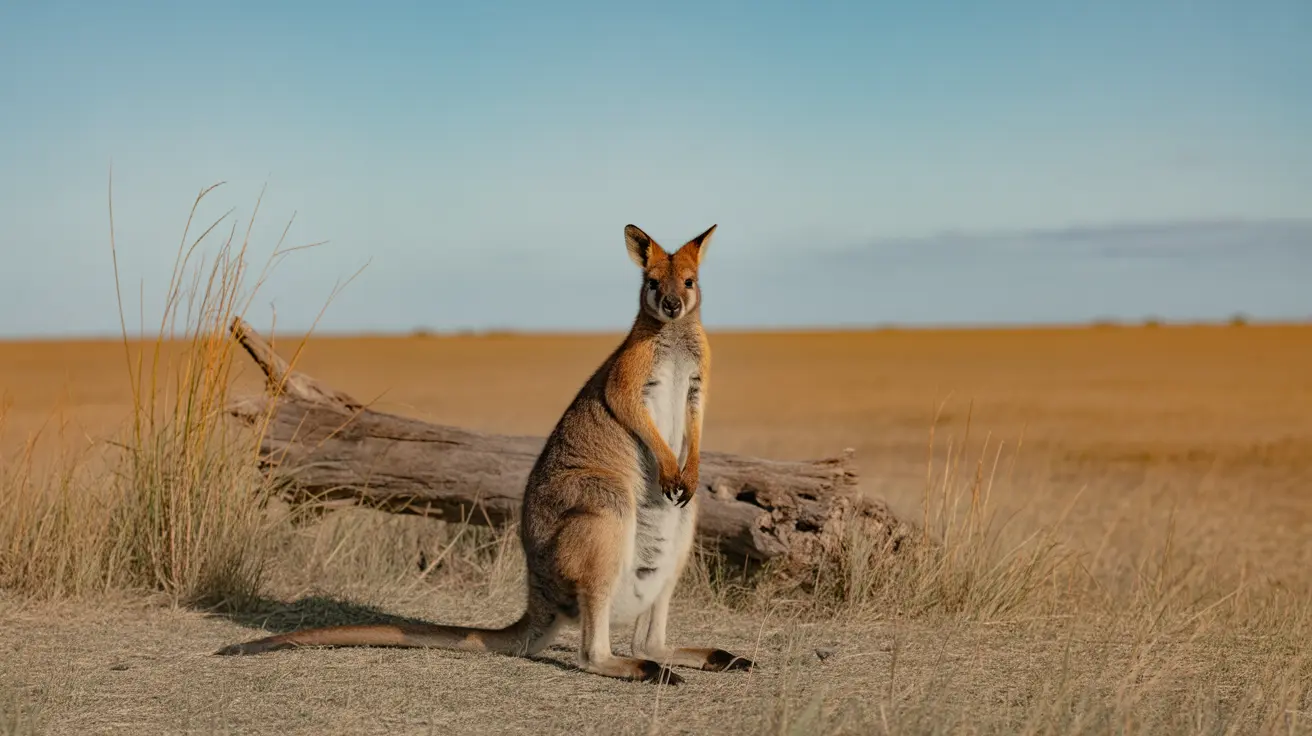In a significant animal welfare case, authorities have seized 84 exotic and domestic animals in New York, underscoring the critical importance of proper exotic pet permits and care requirements. The diverse collection of creatures included unusual species like a wallaby, prairie dogs, and various exotic pets that require special licensing and care conditions in New York State.
The confiscated menagerie featured an extensive array of both exotic and conventional pets, including a wallaby, starling, raccoon, goat, snake, hermit crab, tarantula, prairie dogs, hedgehogs, peacocks, and degus. This case highlights the complex challenges surrounding exotic pet ownership and the serious consequences of improper animal care.
Understanding New York Exotic Pet Regulations
New York State maintains strict regulations regarding exotic pet ownership, with specific requirements for permits and housing conditions. The discovery of such a varied collection of animals raises important questions about compliance with state laws and proper animal care standards.
Legal Requirements for Exotic Pet Ownership
The presence of regulated species like wallabies and prairie dogs in this case emphasizes the necessity of proper documentation and permits. New York's exotic pet laws exist to protect both the animals and public safety, requiring owners to demonstrate their ability to provide appropriate care and housing.
Animal Welfare Concerns
The seizure highlights several critical aspects of exotic pet care that all potential owners should consider:
- Specialized housing requirements for different species
- Complex dietary needs
- Proper veterinary care access
- Temperature and environmental controls
- Social needs of various species
Impact on Confiscated Animals
When authorities discover cases of improper exotic pet ownership, the animals typically face a period of transition and rehabilitation. Licensed sanctuaries and specialized facilities often step in to provide appropriate care and housing for these displaced creatures.
Exotic Pet Care Requirements
Proper exotic pet care involves understanding and meeting specific needs:
- Regular veterinary check-ups from exotic animal specialists
- Species-appropriate enclosures and enrichment
- Specialized diets and feeding schedules
- Temperature and humidity control
- Social interaction requirements
Prevention and Education
This case serves as a reminder of the importance of proper education and licensing before acquiring exotic pets. Potential owners should thoroughly research:
- Local and state regulations
- Species-specific care requirements
- Financial commitments
- Long-term housing needs
- Available veterinary resources
Frequently Asked Questions
What exotic animals are legal to own as pets in New York State?
New York allows some exotic animals like wallabies, hedgehogs, prairie dogs, peacocks, and certain reptiles with proper permits, while banning big cats, primates, bears, canids, and venomous or large reptiles.
Do I need a permit to keep an exotic pet in New York, and how do I get one?
Yes, owning most exotic pets in New York State requires a permit or license from the Department of Environmental Conservation (DEC), which involves documenting proper enclosure, care plans, and annual renewal.
What are the consequences of illegally owning exotic animals in New York?
Illegal possession can lead to animal seizure, hefty fines, criminal charges, and being banned from future ownership; animals may be taken to shelters or sanctuaries, and violators could face misdemeanor or felony penalties.
Conclusion
This significant seizure of exotic and domestic animals serves as a crucial reminder about the responsibilities and legal requirements of exotic pet ownership in New York. Prospective exotic pet owners should carefully consider their ability to provide proper care and obtain necessary permits before acquiring any unusual animals. The welfare of these unique creatures depends on responsible ownership and adherence to established regulations.
Remember, exotic pet ownership is a serious commitment that requires thorough preparation, proper licensing, and dedication to providing appropriate care throughout the animal's life. When considering an exotic pet, always consult with local authorities and exotic animal specialists to ensure compliance with all relevant regulations.






